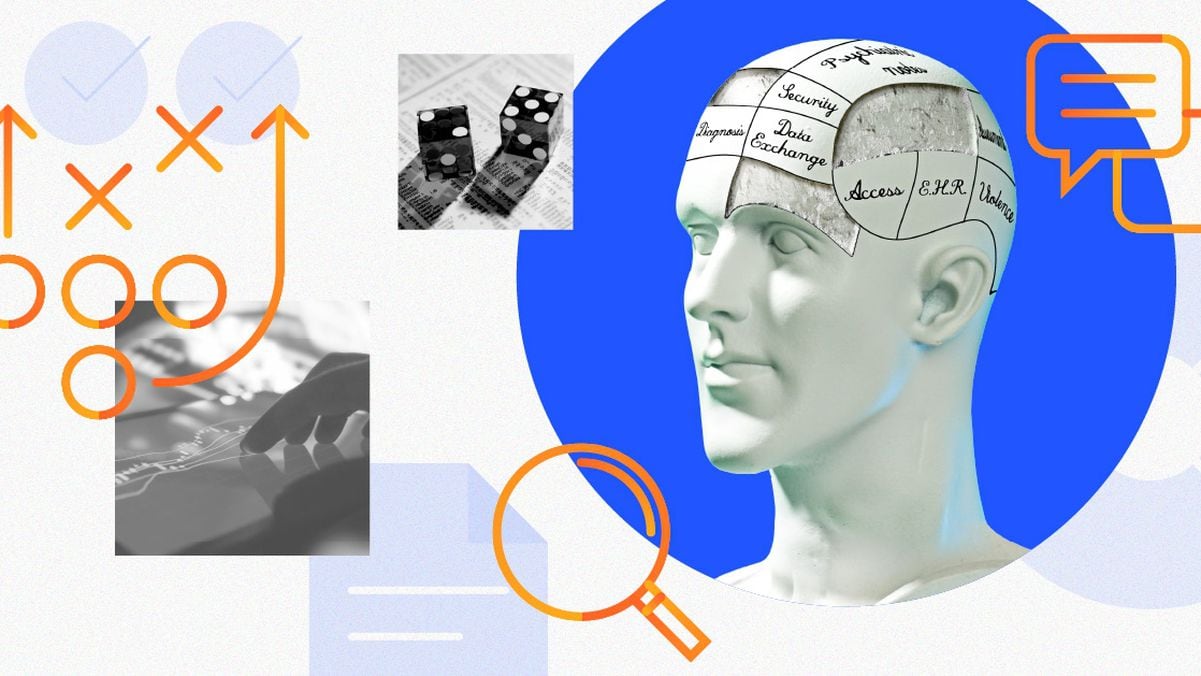Beat Fatigue: Smart Lifestyle Choices for Chronic Fatigue Awareness Day 2025

Chronic fatigue is a debilitating condition impacting millions worldwide, yet it often remains misunderstood and overlooked. World Chronic Fatigue Awareness Day (May 12th) serves as a crucial reminder to shed light on this illness and empower those affected to reclaim their lives. This isn't just about feeling tired; it's a persistent and overwhelming exhaustion that doesn't improve with rest and significantly impacts daily functioning. While there's no single cure, adopting smart lifestyle choices can make a significant difference in managing symptoms and improving quality of life.
Understanding Chronic Fatigue: More Than Just Tiredness
It's vital to distinguish chronic fatigue from ordinary tiredness. Chronic fatigue syndrome (CFS), also known as myalgic encephalomyelitis (ME/CFS), is a complex, long-term illness with a wide range of symptoms. Beyond profound fatigue, sufferers may experience cognitive difficulties (often referred to as 'brain fog'), sleep disturbances, muscle and joint pain, sore throat, and swollen lymph nodes. Diagnosis can be challenging, as there's no single diagnostic test; it relies on a thorough medical evaluation and exclusion of other conditions.
Lifestyle Strategies for Managing Chronic Fatigue
While managing chronic fatigue requires a personalized approach, here are some evidence-based lifestyle strategies that can help:
- Pacing: This is arguably the most critical strategy. It involves carefully planning activities and taking frequent breaks to avoid overexertion. 'Pushing through' can lead to a 'crash' and a worsening of symptoms. Learn to recognize your limits and stay within them.
- Prioritize Sleep: While sleep disturbances are common with chronic fatigue, establishing a regular sleep schedule and creating a relaxing bedtime routine can be beneficial. Avoid caffeine and alcohol before bed.
- Nutrition Matters: A balanced diet rich in fruits, vegetables, and whole grains can support overall health. Some individuals find that eliminating certain foods (like gluten or dairy) helps alleviate symptoms, but this should be done under the guidance of a healthcare professional.
- Gentle Exercise (with caution): While it might seem counterintuitive, gentle exercise, such as short walks or stretching, can sometimes improve energy levels. However, it's crucial to start slowly and avoid pushing yourself too hard. 'Post-exertional malaise' (PEM), a worsening of symptoms after even minor activity, is a hallmark of ME/CFS.
- Stress Management: Chronic stress can exacerbate fatigue. Techniques like mindfulness meditation, deep breathing exercises, and yoga can help manage stress levels.
- Seek Support: Living with chronic fatigue can be isolating. Connecting with support groups or therapists can provide emotional support and coping strategies.
The Importance of Professional Guidance
It's essential to consult with a healthcare professional for proper diagnosis and management of chronic fatigue. A doctor can rule out other underlying conditions, provide personalized treatment recommendations, and connect you with specialists who have experience in treating ME/CFS. Physical therapists, occupational therapists, and mental health professionals can also play a vital role in your care.
Chronic Fatigue Awareness Day: A Call to Action
World Chronic Fatigue Awareness Day is a time to raise awareness, advocate for research, and support those living with this challenging condition. By understanding the complexities of chronic fatigue and adopting smart lifestyle choices, we can empower individuals to improve their energy and quality of life, one day at a time. Let's work together to ensure those struggling with chronic fatigue feel seen, heard, and supported.






